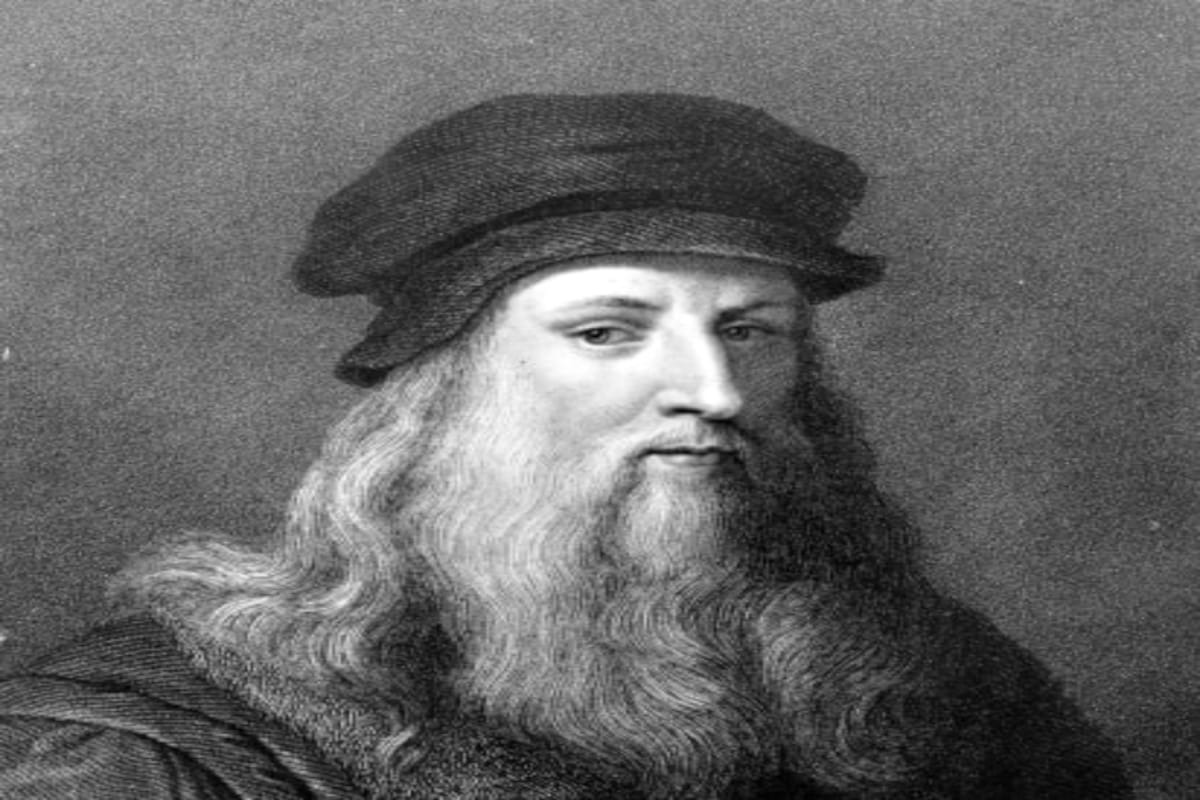A rare Leonardo da Vinci drawing heads to auction
It is estimated to fetch between 8,000,000-12,000,000 pound, which converts to approximately Rs 82 crores - Rs 122 crores.
Questions potentially probed once Leonardo’s DNA has confirmed include reasons behind his genius, information on his parents’ geographical origins

Leonardo Da Vinci
The surprising results of a decade-long investigation by Alessandro Vezzosi and Agnese Sabato provide a strong basis for advancing a project researching the DNA of Renaissance master Leonardo da Vinci.
Their extensive study, published by the journal Human Evolution, documents with new certainty the continuous male line, from father to son, of the Da Vinci family (later Vinci), from progenitor Michele (born 1331) to grandson Leonardo (sixth generation, born 1452) through to today — 21 generations in all, including five family branches — and identifies 14 living descendants.
Advertisement
The work fills the gaps and corrects the errors in the previous genealogical research into Leonardo’s family while offering new discoveries and family tree updates.
Advertisement
This text deepens and enormously expands the discovery announced in Vinci, Italy, in 2016 by the same Vezzosi and Sabato of numerous living but indirect descendants, including only two males in the direct line, up to the 19th generation, from a single branch of the Vinci family.
It also provides for the first time the documentary data and information sources over seven centuries to the present day registry office, with work on additional family branches ongoing.
Leonardo himself had at least 22 half-brothers but no children; a new unpublished document shows that “Paolo di Leonardo da Vinci da Firenze” was a case of homonymy. The five family branches are traced from Leonardo’s father, ser Piero (fifth generation), and half-brother Domenico (sixth).
Since the 15th generation, data have been collected on over 225 individuals. The study, with the collaboration of the living descendants, contributes to the work of the Leonardo Da Vinci Heritage Association.
This extraordinary, authoritative 690-year genealogical investigation is fundamental to affiliated scientific work Vezzosi and Sabato have underway with the international Leonardo da Vinci DNA project, supported by The Richard Lounsbery Foundation.
The project involves the J. Craig Venter Institute of La Jolla, California, and several other high-profile universities and research centers, including the Department of Biology of the University of Florence, directed by David Caramelli.
The Y chromosome, passed on to the male descendants, is known to remain almost unchanged through 25 generations. Comparing the Y chromosome of today’s male relatives to that of their ancestors in ancient and modern burial sites would both verify the uninterrupted family line and certify Leonardo’s own Y chromosome marker.
Questions potentially probed once Leonardo’s DNA is confirmed include reasons behind his genius, information on his parents’ geographical origins, his physical prowess, premature aging, left-handedness, diet, health and any hereditary diseases, and his extraordinary vision, synaesthesia and other sensory perceptions.
Comparison of biological data could also potentially help verify the authenticity of artwork and materials handled by Leonardo, thereby pioneering links between biology and art with broad implications for the world’s art market in terms of artistic attribution and materials.
Advertisement